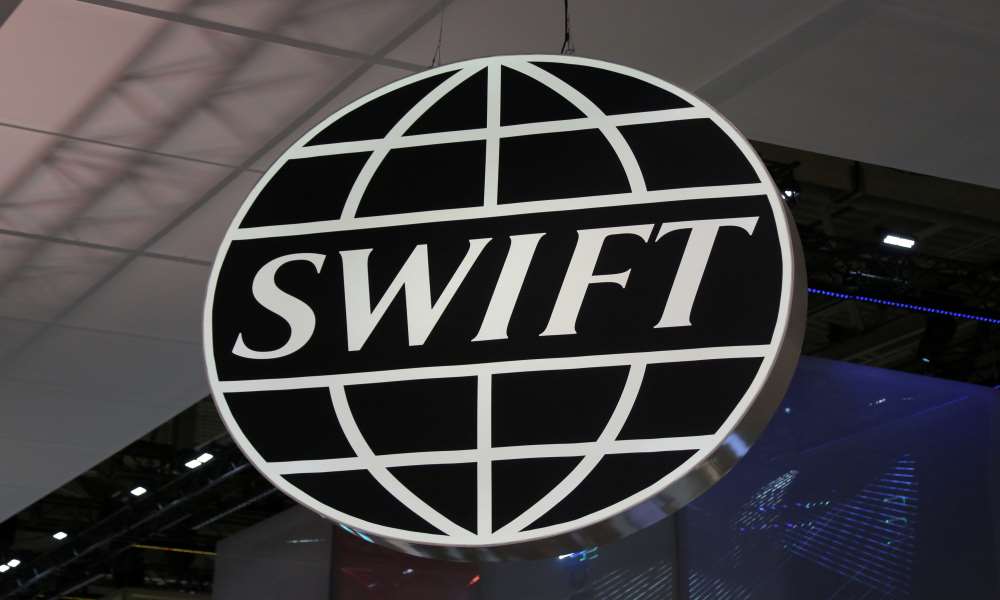SARB sounds alarm on threat of sanctions
Making international payments in dollars
Indirect sanctions could be imposed on the country and lead to a sudden halt to capital inflows and increased outflows.
South Africa’s central bank has warned of dire consequences should the country face censure due to its stance on Russia’s invasion of Ukraine.At worst, secondary or indirect sanctions could be imposed on the country and lead to a sudden halt to capital inflows and increased outflows, the bank said in its latest financial stability review published on Monday. It cautioned that South Africa’s financial system would be unable to function if its ability to make international payments in dollars was impeded.
More than 90% of South Africa’s international payments are currently processed through the Society for Worldwide Interbank Financial Telecommunication system, Herco Steyn, the lead author of the report told reporters. “Should South Africa be banned from SWIFT as a result of secondary sanctions, these payments will not be possible,” he said.
South Africa has adopted what it says is a non-aligned stance toward the war in Ukraine and it has abstained from several United Nations votes condemning Russia’s actions. Its neutrality was called into question this month, when US Ambassador Reuben Brigety accused Pretoria of supplying weapons to Russia.
While President Cyril Ramaphosa denied the allegation, the diplomatic furor that ensued sparked fears that trade worth billions of dollars could be placed at risk and the rand fell to a record low against the dollar.
Liquidity
The row “could further exacerbate declining domestic financial market depth and liquidity and further erode investor confidence and sentiment if considered alongside the Financial Action Task Force greylisting and the country’s inability to arrest the growing prevalence of loadshedding” Steyn said, referring to the local term for power cuts.
Even if the nation isn’t sanctioned, the threat alone could mean the country’s financial institutions are subjected to more intensive scrutiny by their foreign counterparts, said Nicola Brink, the head of the central bank’s financial stability department.
“They start derisking South Africa essentially, which means that even if nothing happens there is already some effect, with risk premia increasing, she said in an interview.
South Africa has already fallen out of favour with many offshore investors, with foreigners currently holding 25% of local government bonds, down from as much as 42% in 2018, the report said.
The biggest risk to the country’s financial system remains sustained power cuts that are negatively impacting on domestic economic growth, investor sentiment and business activity, and exacerbating other pre-existing vulnerabilities, according to the bank.
It noted that there had been at 13 000 gigawatt hours of outages between January and May 21, surpassing the 11 697 gigawatt hours of cuts for the whole of 2022.-Fin24




Comments
My Zone
No comments have been left on this article